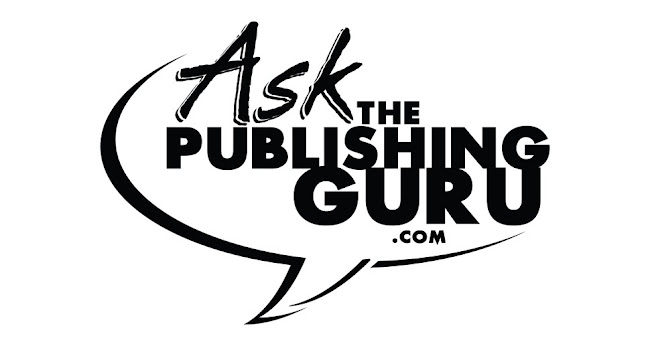27 DAY GAMEPLAN PROVIDES THE SECRET TO REAL WEIGHT LOSS SUCCESS
Experienced Lifestyle Transformation Coach Writes New Book to Help Build A Success Mindset
Tulsa, Oklahoma, USA: A brand new book aimed at helping overweight Americans regain a slimmer, healthier life is about to be released.
Written by life coach Jonathan Conneely, the book is called “The Secret to Real Weight Loss Success”. It provides a complete twenty seven day body transformation game plan that people can use to change the way they think about food, health, and the way they eat. He has made the book available on his website CoachJC.com.
“The book is a mindset, weight loss, personal development success book,” says Jonathan. “It is a 27 day transformation game plan that will coach you and motivate you to change your thinking so you can have anything you desire in life – especially that weight loss.”
Jonathan goes on to say that “there are some great workouts and nutrition programs out there. But none of these will work without conquering your mindset.” This is what his book aims to do.
The principles included in the book are backed by Jonathan’s ten years of experience working with people from all walks of life. His background as a lifestyle transformation coach, lifestyle fitness expert and strength and conditioning coach give him the unique perspective to write a book that will appeal to millions of people across America. Jonathan states that he has drawn on “my experience of dealing with people on a daily basis and coaching people for years.”
“The Secret to Real Weight Loss Success” does not contain a diet. Instead it has three distinct parts to the twenty seven day game plan that focuses on transforming thinking, eating, and the body. As Jonathan says, “the secret is the mindset!”
The book is aimed at anyone who wants to lose weight, get fit, take control of their health, and live a better life. It also contains testimonials from people who have already tried the plan and made it work for them. Furthermore results have been achieved not just with weight loss but with other areas of people’s lives. The changed mindset can achieve many goals. Jonathan adds, “You will hear from real life people on how these principles have transformed their life forever.”
Jonathan does not claim that losing weight with the help of his book is easy. But he does describe the process as simple once the basic mindset is discovered and understood. Everything that is needed is in the book. Nothing else is required.
Jonathan Conneely is the founder of Bootcamp Tulsa, the area’s first outdoor fitness program, and he also runs the website www.coachjc.com. Visit the website to find out more about his book “The Secret to Real Weight Loss Success – Your 27 Day Body Transformation Gameplan”.
.



